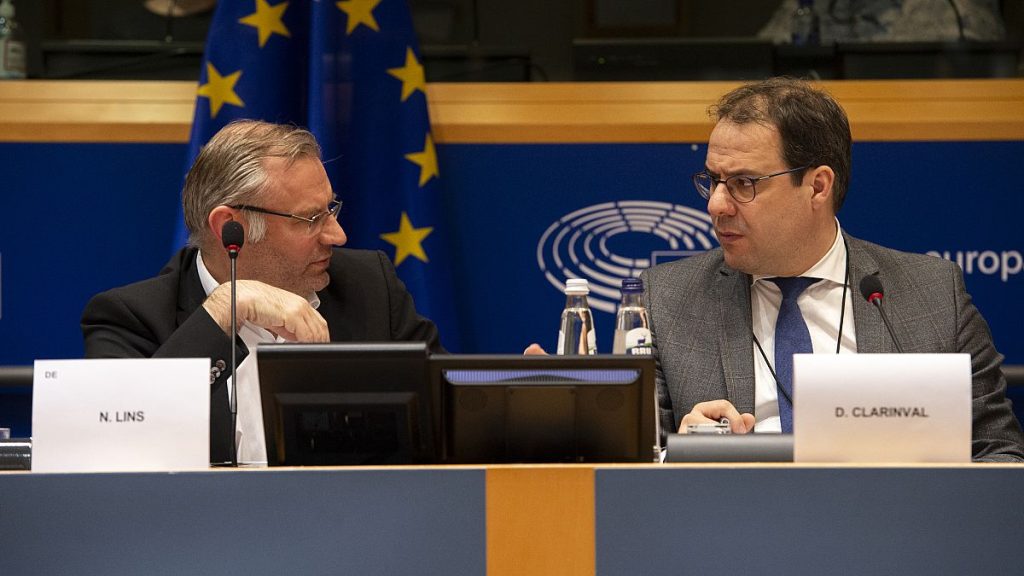Several political groups in the European Parliament are hesitant to rush the approval of a major deregulation of the EU’s agricultural subsidies in order to appease protesting farmers. The proposed modification of the Common Agricultural Policy (CAP) aims to simplify the process for farmers by reducing green conditions required to receive funding and providing exemptions for smaller farms. The European Parliament’s agriculture committee (AGRI) has decided to push the CAP reform measure directly to the plenary with no amendments, following a special procedure agreed upon by the EU Council and AGRI chair Norbert Lins. This fast-tracking mechanism is intended to ensure the reform is passed into law before the end of the current legislative term, particularly in response to farmers’ protests.
Despite the urgency of passing the CAP reform, some political groups are resistant to the idea of fast-tracking the process without adequate debate and consideration. The possibility of substantial amendments to the text could result in the measure being sent back to the EU Council for further negotiations, potentially delaying its implementation. The Green Party is expected to submit several amendments to the proposal, while the far-right Identity and Democracy group remains open to participating in amendments that improve the text. The Socialists & Democrats are still deciding whether to file amendments, with a focus on ensuring that the goals of the Green Deal are not compromised by the CAP modifications.
The potential for amendments from various political groups could tip the balance of any vote on the CAP reform measure. The European People’s Party and the European Conservatives and Reformists have indicated that they do not plan to submit amendments in order to avoid any unintended approval of changes. The Liberals, while traditionally split on agricultural issues, are not expected to file any amendments to the proposed CAP modifications. The overall goal of these deliberations is to ensure that the CAP reform is enacted swiftly without compromising the objectives of the Green Deal and other environmental considerations.
The European Parliament’s decision to fast-track the CAP reform measure has sparked controversy and resistance from some political groups who are concerned about the lack of democratic debate and the potential for amendments that could alter the text. The urgency to pass the reform in response to farmers’ protests has created a tense political atmosphere within the European Parliament, with various parties weighing their options on whether to submit amendments or support the measure as it stands. The delicate balance of power within the Parliament could ultimately determine the fate of the CAP reform and its impact on agricultural subsidies and environmental regulations in the EU. As the legislative term comes to a close, the decisions made in the coming weeks will have far-reaching consequences for European farmers and the future of agricultural policy in the EU.


